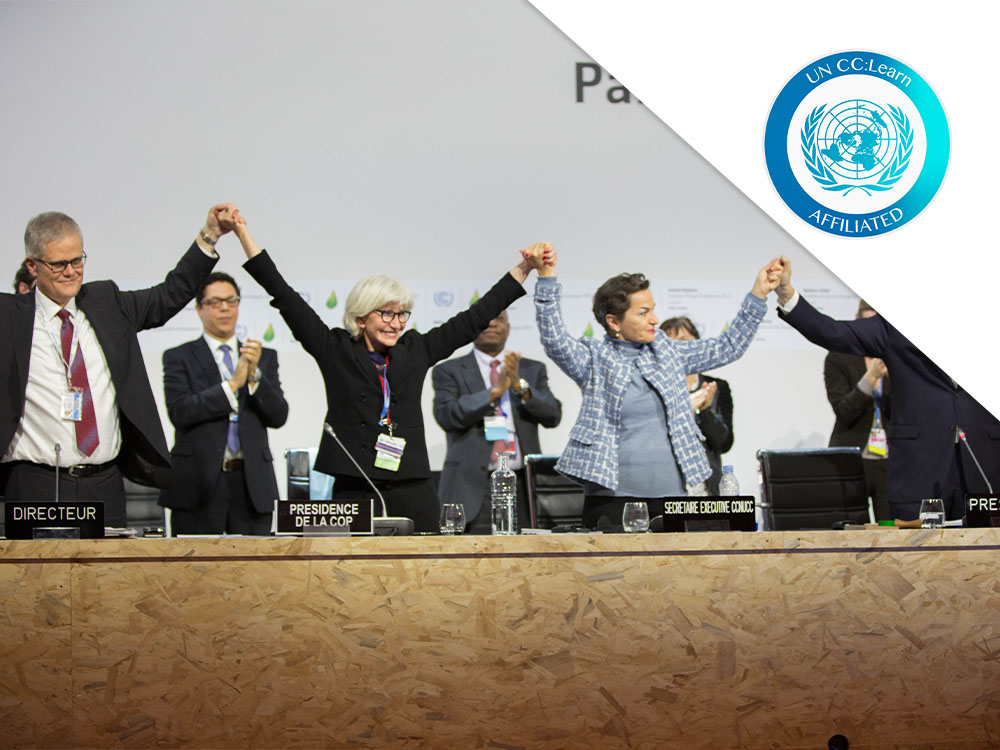Welcome!
The Paris Agreement Implementation and Compliance Committee (PAICC), established under Article 15 of the Paris Agreement, facilitates the implementation of and promotes the compliance with the Paris Agreement.
This course will introduce you to the Paris Agreement Implementation and Compliance Committee (PAICC). It will provide you with a detailed description of the function, nature, and operation of the Committee.


